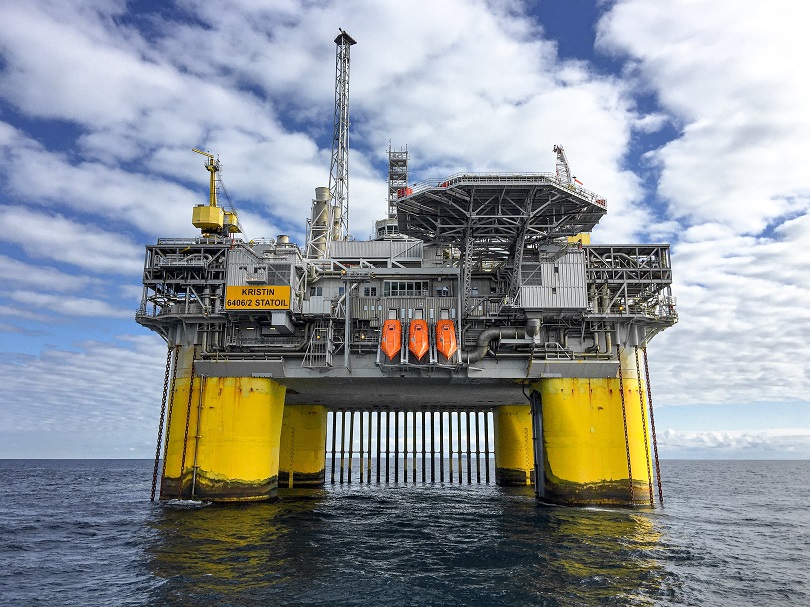The offshore oil and gas exploration of the oceans natural resources have played a pivotal role in shaping the global energy landscape. As the demand for these valuable resources have continuously increased through out the years, the offshore sector has become a vital frontier. In this article I want to make a brief returning back in the history of offshore oil and gas exploration, tracing its evolution from tentative beginnings to the booming industry we know today.
Highlights of the Offshore Oil and Gas Exploration
Early Beginnings of the Offshore Oil and Gas Exploration:
The offshore oil and gas exploration industry can trace its roots back to the mid-19th century. The first recorded offshore well was drilled in the shallow waters of the Summerland oil field in California in 1896. However, it was not until the 1930s that significant advancements in technology allowed drilling to extend beyond the continental shelves.
Post-World War II Boom:
The aftermath of World War II saw a surge in energy demand, prompting a race to discover new reserves for offshore oil and gas exploration. Technological innovations, such as submersible drilling rigs and seismic exploration techniques, paved the way for offshore exploration in deeper waters. In 1947, the first offshore well in the Gulf of Mexico marked a turning point, opening the door to offshore production on a larger scale.
North Sea Revolution:
The 1960s witnessed a significant shift in focus towards the North Sea, as countries like Norway, the United Kingdom, and the Netherlands began exploring their offshore potential. The discovery of major oil fields, such as Ekofisk and Brent, fueled the growth of the offshore industry in this region. The development of fixed platforms and pipelines enabled the extraction of resources from deeper waters, further revolutionizing the sector.

Advancements in Technology:
The late 20th century saw continuous advancements in drilling technology. Mobile offshore drilling units (MODUs) and dynamically positioned vessels allowed exploration in even deeper waters. Innovations like 3D seismic imaging and remote-operated vehicles (ROVs) improved exploration efficiency and safety, opening up new frontiers in previously inaccessible offshore regions.
Deepest Offshore Oil and Gas Exploration:
Now in 2024, the deepest offshore oil and gas exploration is done in the Gulf of Mexico, by Shell, with their oil platform Perdido. It is exploring our oceans at depths of between 2,300 and 2,800 meters.

Challenges and Disasters:
Despite technological strides, the offshore oil and gas industry has faced challenges and setbacks. The 1969 Santa Barbara oil spill in the United States and the 1989 Exxon Valdez disaster highlighted the environmental risks associated with offshore drilling. These incidents spurred regulatory changes and a renewed focus on safety measures, shaping the industry’s commitment to environmental responsibility.
Deepwater Horizon Tragedy:
One of the most infamous incidents in the history of offshore drilling occurred in 2010 with the Deepwater Horizon disaster in the Gulf of Mexico. The catastrophic blowout led to a massive oil spill, emphasizing the need for stricter regulations and safety standards. This event prompted a reevaluation of industry practices, leading to enhanced safety protocols and increased emphasis on environmental stewardship.

Global Expansion and Oil and Gas Jobs:
As demand for energy continues to rise, the offshore oil and gas industry has expanded globally. Regions like Southeast Asia, West Africa, and South America have become major players in offshore exploration and production. This expansion has also created a surge in oil and gas jobs, ranging from engineers and geologists to offshore rig workers and support staff. The increasing complexity of offshore projects has created diverse job opportunities within the industry. Positions in exploration, drilling, production, and maintenance are in high demand. Professionals with expertise in engineering, geosciences, and project management play critical roles, ensuring the success and safety of offshore operations.
The history of offshore oil and gas exploration is a tale of innovation, challenges, and adaptation. From humble beginnings, the industry has evolved into a global powerhouse, meeting the world’s insatiable energy appetite. As technological advancements continue, the offshore sector will play a crucial role in shaping the future of the energy landscape, offering both challenges and rewarding opportunities for those seeking careers in oil and gas.
Curious to find out more about the offshore oil and gas exploration? See this article about the offshore construction sector 5 Largest Offshore Construction Vessels (OCV)
